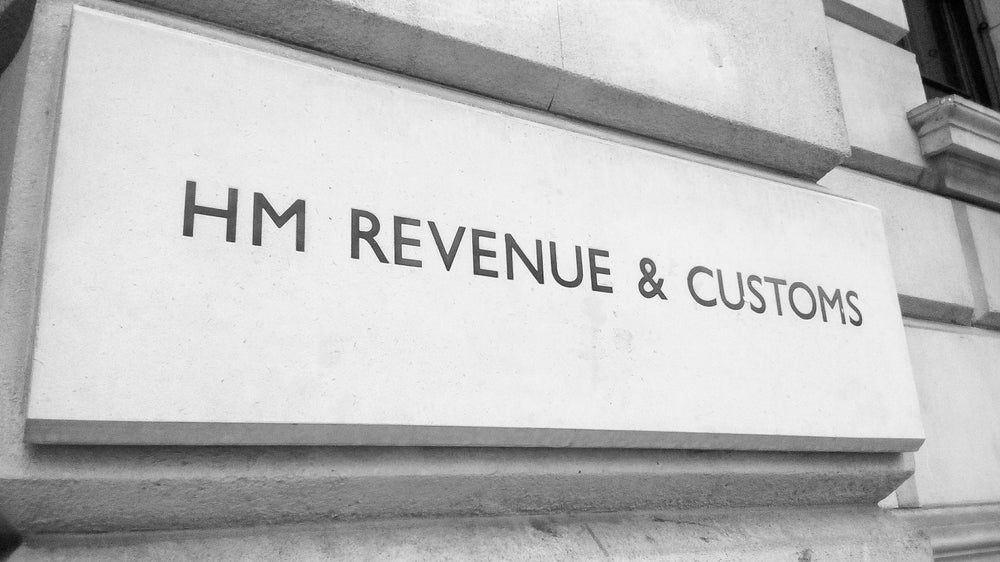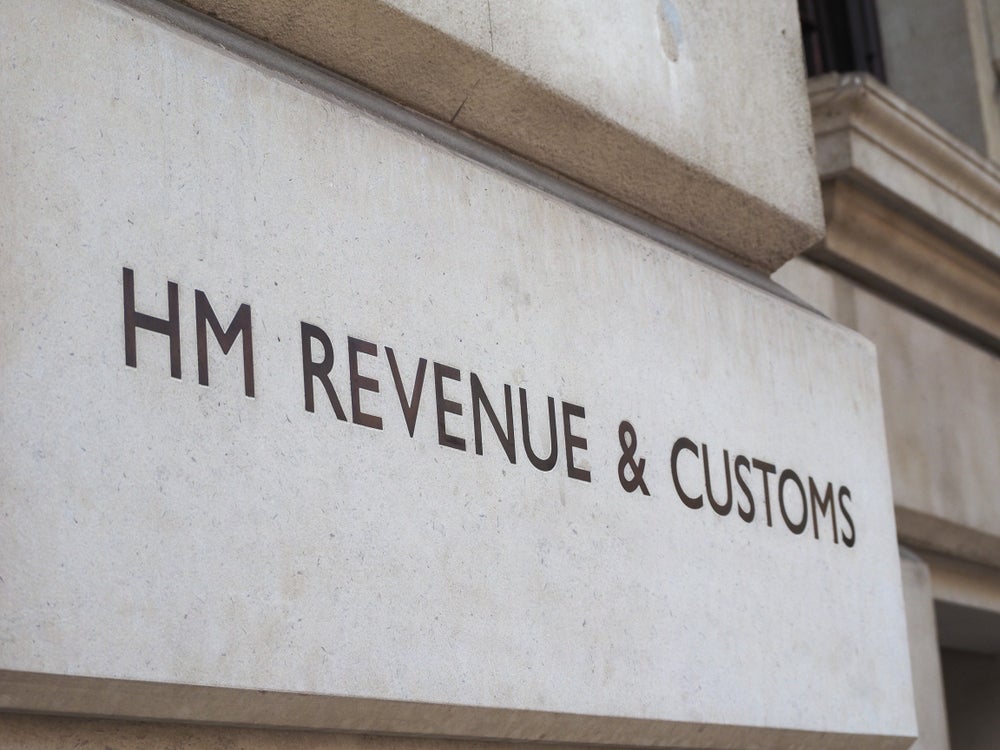
HMRC has commenced a crackdown on electronic till fraud, with raids on 24 restaurants and takeaways across the country by its Fraud Investigation Service, says Pinsent Masons, the international law firm.
These raids follow the end of an amnesty earlier this year, which allowed businesses to make a disclosure to HMRC and pay any tax that has been evaded through illegal ‘Electronic Sales Suppression’ (ESS) software.
ESS software is known to have been used by some high street businesses, takeaways and restaurants on their tills to evade tax to hide or reduce the value of purchases made via debit cards and credit cards at the point of sale. In some cases, the software automatically redirects a percentage of the income from sales into a hidden bank account, fraudulently reducing the income the business reports to HMRC.
Sophie Warren, tax specialist at Pinsent Masons says that those who have used this software to reduce the credit or debit card sales going through their books should come forward and disclose any evaded tax, to avoid becoming the next business targeted by a HMRC raid.
HMRC classes the use of the software as tax fraud, meaning those who do not come forward are at risk of facing criminal investigation that potentially results in considerable penalties and even prison sentences.
An earlier investigation into makers of the illegal software by HMRC is thought to have uncovered their full customer list. This means that the Fraud Investigation Service is now believed to have a comprehensive list of businesses to investigate over the coming months.
How well do you really know your competitors?
Access the most comprehensive Company Profiles on the market, powered by GlobalData. Save hours of research. Gain competitive edge.

Thank you!
Your download email will arrive shortly
Not ready to buy yet? Download a free sample
We are confident about the unique quality of our Company Profiles. However, we want you to make the most beneficial decision for your business, so we offer a free sample that you can download by submitting the below form
By GlobalDataHMRC has had increased information and penalty powers in relation to ESS since 2022, including the power to impose penalties of up to £50,000 for possessing an ESS tool. The penalties can be charged even if the tool has not been used to evade tax.
Commenting on this, Warren said: “Businesses that defrauded HMRC using ESS software had an opportunity to come forward to HMRC by 9 April 2023 to avoid raids and criminal investigations. Those who didn’t come forward are now being targeted by HMRC and the financial penalties are likely to be far more severe.”
“HMRC will be looking at all businesses that could use an ESS tool, not just restaurants and takeaways. More investigations and raids are expected.”
“It is still vital for any persons making, supplying or promoting the use of ESS software or businesses who have used ESS to come forward and make a disclosure to HMRC. HMRC are likely to have a full ESS customer list, meaning it is likely just a matter of time before HMRC commence criminal investigations with a view to prosecution or carry out a civil investigation under Code of Practice 9.”
“Anyone considering making a disclosure to HMRC through their disclosure service or under a Code of Practice 9 should take professional advice before contacting HMRC to ensure that they get the best outcome possible. Businesses that contact HMRC unprepared will not be best placed to limit the penalties they face.”






